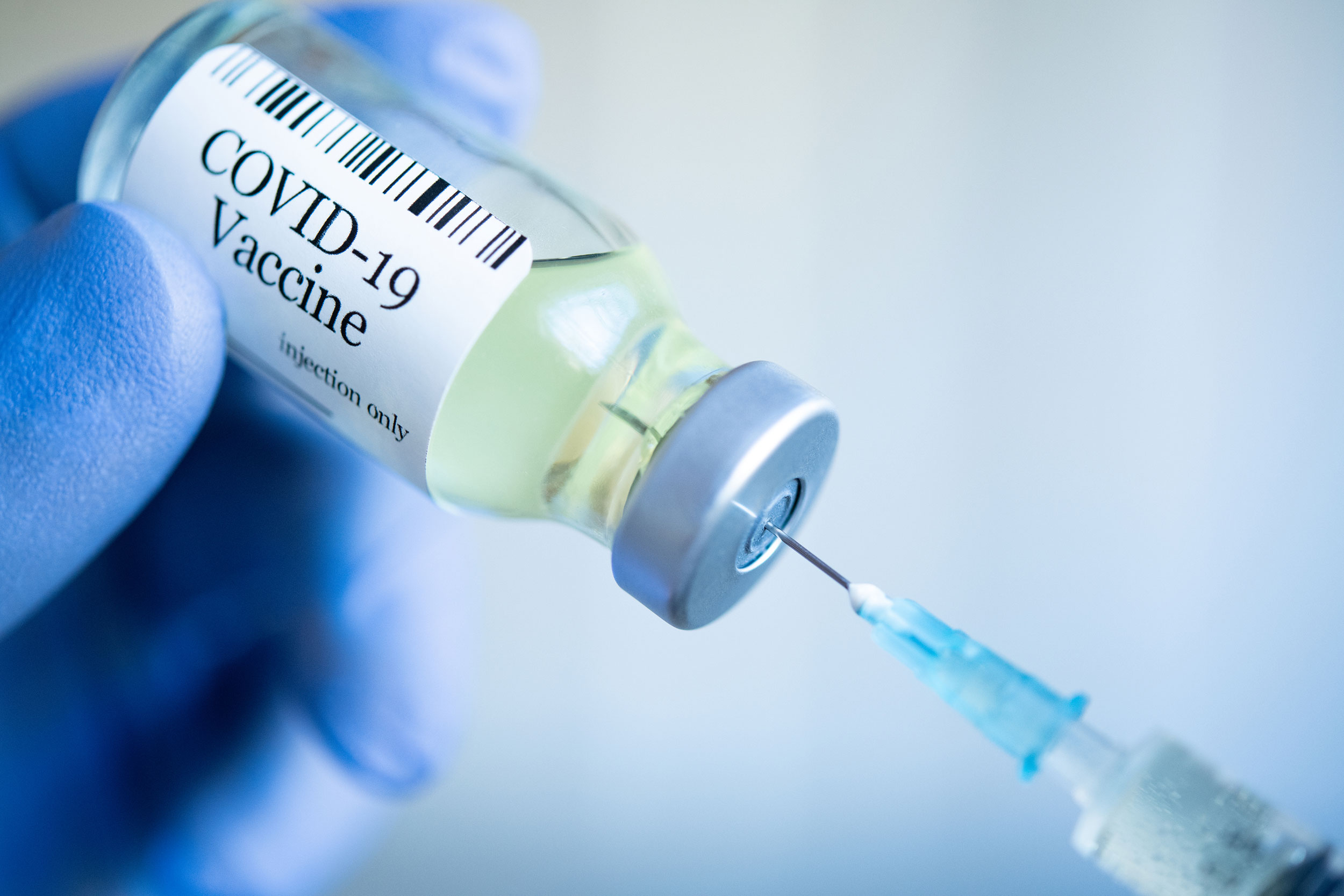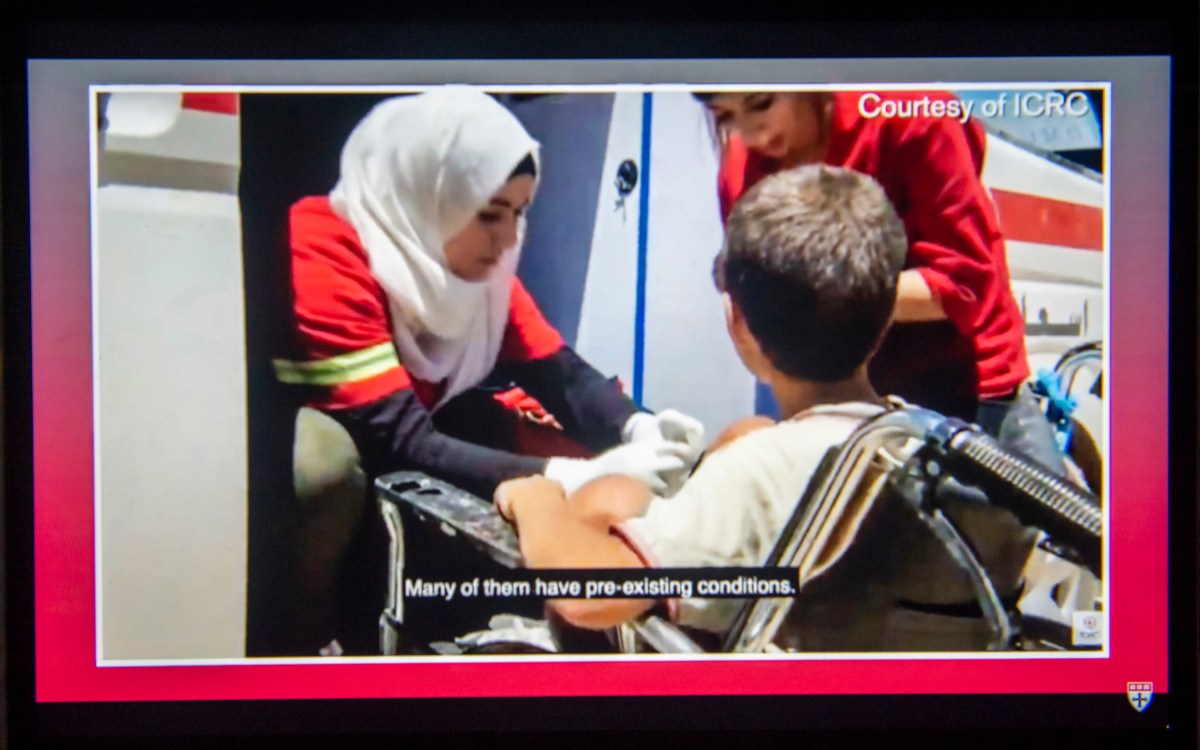
In order to get ahead of the virus, putting vaccines into arms as quickly and efficiently as possible should be the focus, says experts.
iStock by Getty Images
Rapid rollout of COVID vaccine as important as its efficacy
Speed of procurement and distribution can maximize public health benefits, economic efficiency in low- and middle-income countries
For low- and middle-income countries, a COVID-19 vaccination program built on prompt procurement, effective on-the-ground distribution, and a rapid pace of vaccination is likely to have a greater public health impact than one focused on relatively small differences in vaccine efficacy, according to a study led by researchers at Massachusetts General Hospital.
Scientists evaluating clinical outcomes and cost-effectiveness of a COVID-19 vaccination program in South Africa found that an emphasis on these implementation factors in countries with limited resources is likely to dramatically reduce infections, save lives, and curtail overall health care costs through fewer hospitalizations. The study appears in Nature Communications.
More like this
“What’s critically important is getting shots into the arms of individuals as quickly as possible,” says lead author Krishna Reddy, a pulmonary and critical care physician at Harvard-affiliated MGH. “Our study shows that increasing the pace of vaccination as well as vaccine acceptance among populations is likely to be more important than focusing on relatively small differences in vaccine efficacy in terms of getting ahead of the spread of the virus and protecting more people.”
Most low- and middle-income countries do not have access to sufficient supplies of COVID-19 vaccines due to cost, limitations on available doses, and logistical challenges of vaccine production, distribution, and storage. Using a validated computer simulation model of COVID-19, the MGH team found that meeting the South African government’s goal of vaccinating 67 percent of its population within a year would make an enormous impact on infections and deaths while actually reducing health care costs compared with low levels of population coverage. Increasing vaccinations to 80 percent of the population would save even more lives while only modestly increasing costs.
“Achieving the Department of Health’s goal of vaccinating the majority of its population in South Africa, and in similar low- and middle-income countries, will require global policymakers to better fund and facilitate vaccine distribution,” says senior author Mark Siedner, an infectious diseases clinician and researcher at MGH. “These leaders must also work diligently to remove restrictive patent barriers, liberalize distribution, and achieve affordable pricing for resource-constrained countries by negotiating with vaccine suppliers, similar to what’s been done for HIV drugs over the last two decades.” At the local level, he adds, an urgent need exists for investment in well-run vaccine distribution and administration systems and community outreach to get shots into arms as quickly and efficiently as possible.
The researchers also pointed out that practices like mask-wearing and physical distancing remain crucial to reducing the spread of the global pandemic while vaccination programs are being rolled out. Underscoring the need for a multi-pronged effort is the fact that currently only 20 percent of South Africans are fully vaccinated.
“Our hope is that findings from our study will motivate international political leaders to recognize the importance of getting vaccines quickly distributed to countries that don’t have the resources of the United States and other high-income countries,” emphasizes Reddy. “It’s a sound investment for every country since the fastest and most equitable way to get out of this global pandemic emergency is to ensure that people everywhere have ready access to affordable vaccines.”
Reddy is an assistant professor of medicine at Harvard Medical School. Siedner is an associate professor of medicine at HMS. Co-authors include Kenneth Freedberg of MGH and HMS, and Richard Lessells of the University of KwaZulu-Natal in South Africa.
The study was supported by the National Institute of Allergy and Infectious Diseases of the National Institutes of Health and by the Wellcome Trust.





